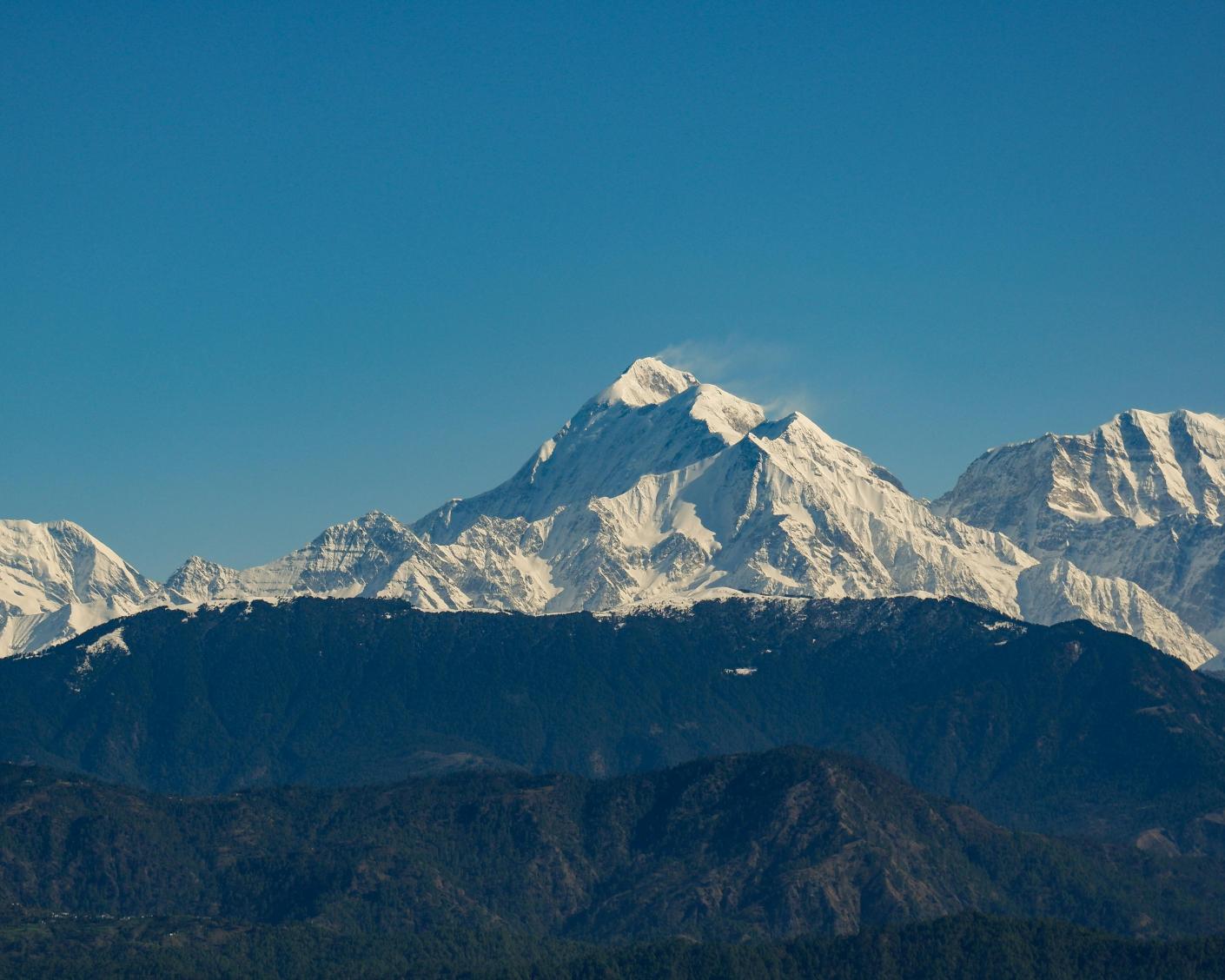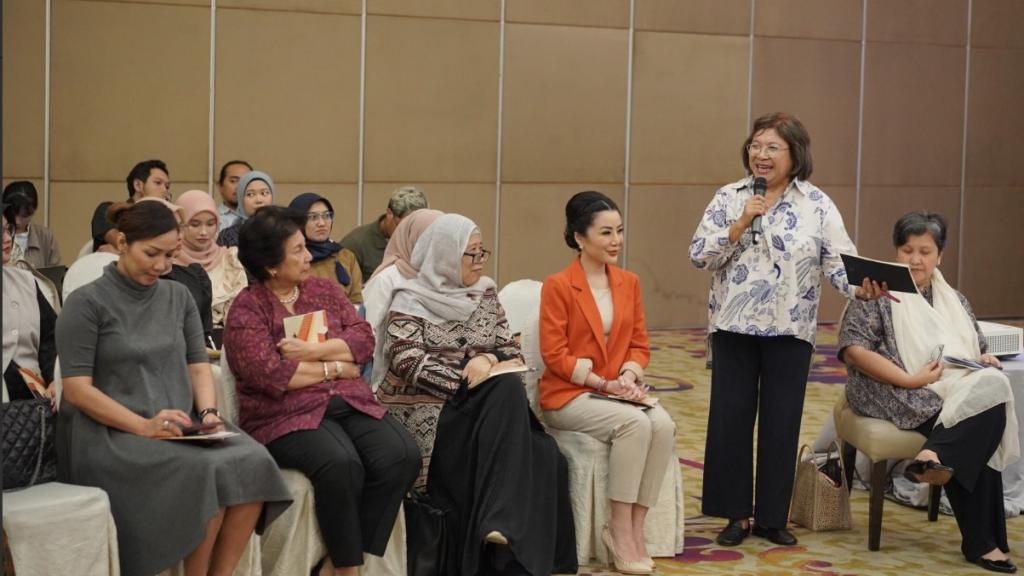WFD supports Nepal in implementing the reforms promised under the Nepalese Constitution, including the devolution process. These reforms are intended to bring about better services for citizens, a more equal distribution of resources among the regions, greater levels of gender equality, and the inclusion of all Nepalis and their representatives in decision-making processes.
Political context
Nepal brought its constitution into effect in September 2015, fulfilling a decades-old wish of many Nepali people to write a statue through their elected representatives. The constitution, for the first time in Nepal’s history, brings together seven provinces in a federation and promises more robust social justice by, among other things, ensuring greater representation of previously underrepresented groups and sections of society in the political process. Federal parliament, provincial assemblies and local governments were elected in 2017.
Key areas of work
Current programmes
Improving accountability through more robust parliamentary scrutiny of government performance
This programme enhances parliamentary scrutiny of government performance through mentoring and technical advice provided to targeted Members of Provincial Assemblies (MPAs), including elected women political leaders, and committees, equipping them with the tools, knowledge, capacity, and skills to strengthen their oversight functions.
Completed programmes
Strengthening provincial oversight and accountability
Enhanced transparency and governance by promoting parliamentary scrutiny of provincial government performance.
Strengthening federalism and its processes
Supported federal process by encouraging post-legislative expertise sharing, empowering women MPs for intergovernmental coordination, and engaging with CSOs and media across different provinces.
Key results
Collaborated with federal parliament and provincial assemblies to introduce post-legislative scrutiny (PLS), which led to the assessment of at least 17 different laws at the federal parliament and two laws at provincial level.
Worked with first-time women MPs from structurally disadvantaged groups, focusing on their efforts to make their work more visible and challenge patriarchal norms.

Supported efforts to conduct, monitor, and disseminate research on cases of online violence against women political activists in Nepal.

Supported efforts to address electoral misinformation and disinformation.

Trained and provided networking opportunity to media and civil society organisations on parliamentary practices, issues related to marginalised population, and open parliament.
Latest news
Contact us
Kathmandu
Nepal


